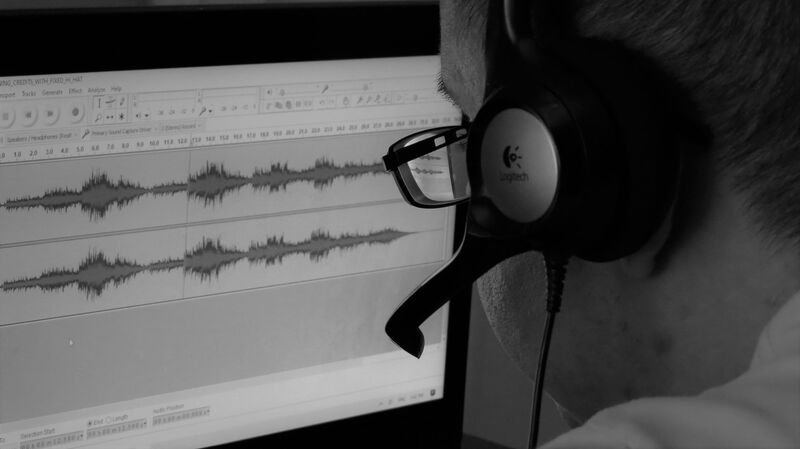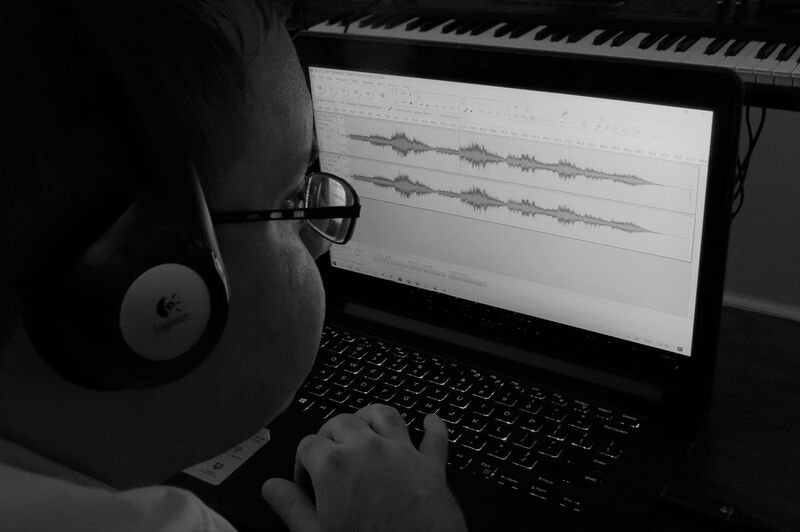Auditions
- Carefully read the directions for each “Composer” role in a project. Sometimes, the director wants a specific type of music. Most of the time, though, they just require that you send a sample of your work that is readily available online (as a link) for them to access and check.
- Submitting auditions in Casting Call Club should be treated like an “elevator pitch” for job interviews because that is practically what the process is. It is a chance for the composer to showcase a sample of their work to the director in the hopes of landing a music scoring opportunity. It also demonstrates their level of professionalism by communicating with the director in writing, because sending a link is not enough.
- It really helps to include brief details about yourself to give the director some context. Specify who you are, where you are based, and the kind of music that you write. Also, indicate the link that you have provided in your submission and where it leads. Talking about yourself in these contexts does not mean expressing narcissism and acting like a jerk to everyone. Approaching an audition that way will almost certainly guarantee that the director will find someone else who is more capable for their project.
- Demonstrate wanting the opportunity without coming off as desperate. Saying things like “Here’s my work. Hire me!” is considered unacceptable in the entertainment world (or any profession, for that matter), because it gives the impression of looking for attention. Instead, offer your professional contact e-mail and show interest in communicating with the director about the specifics of the project… if chosen.
- Wait for the results for the project audition that you submitted by applying for more projects, because the process does not stop after one audition.
- If cast for a project, remember to wait for the director to respond and provide instructions.


 RSS Feed
RSS Feed
